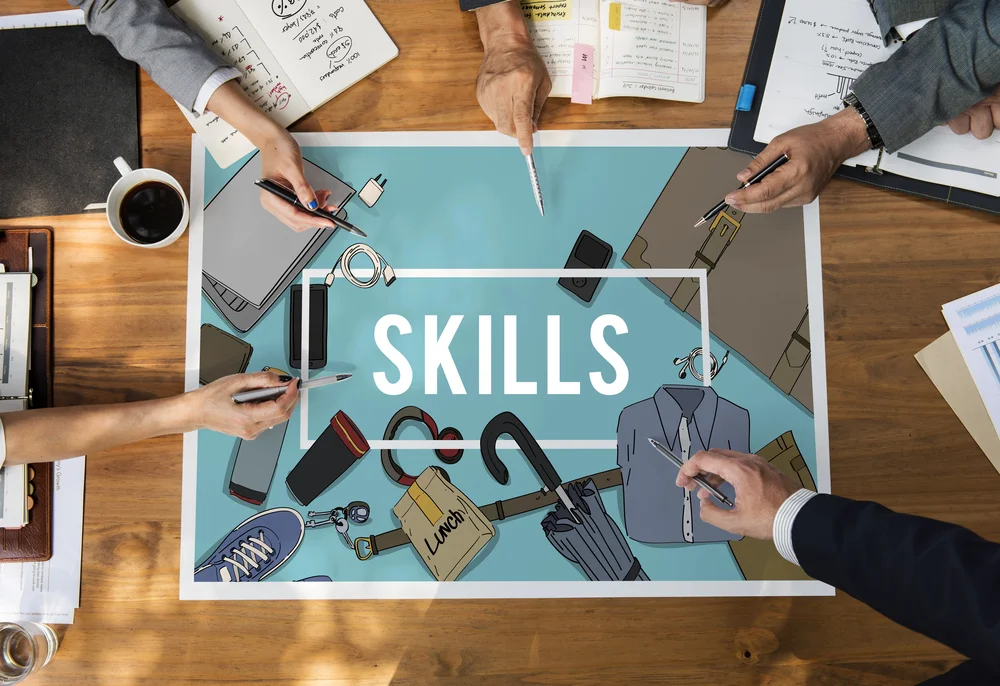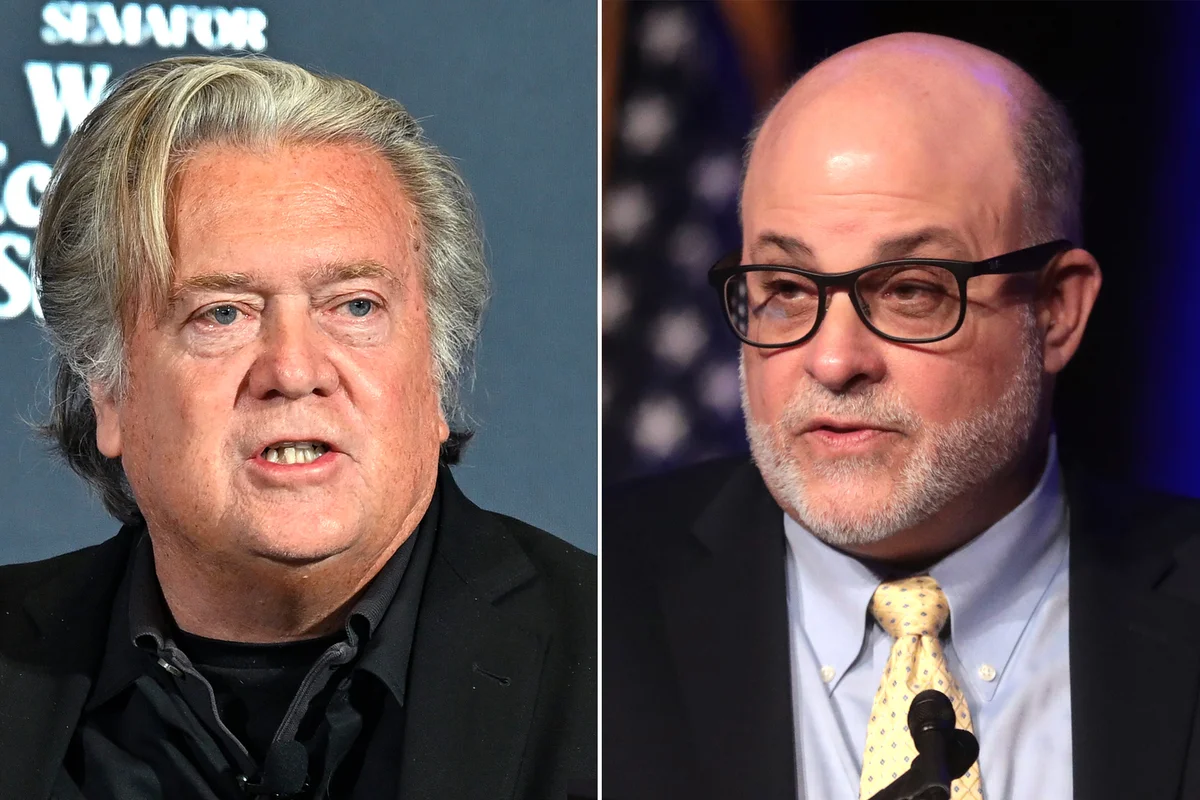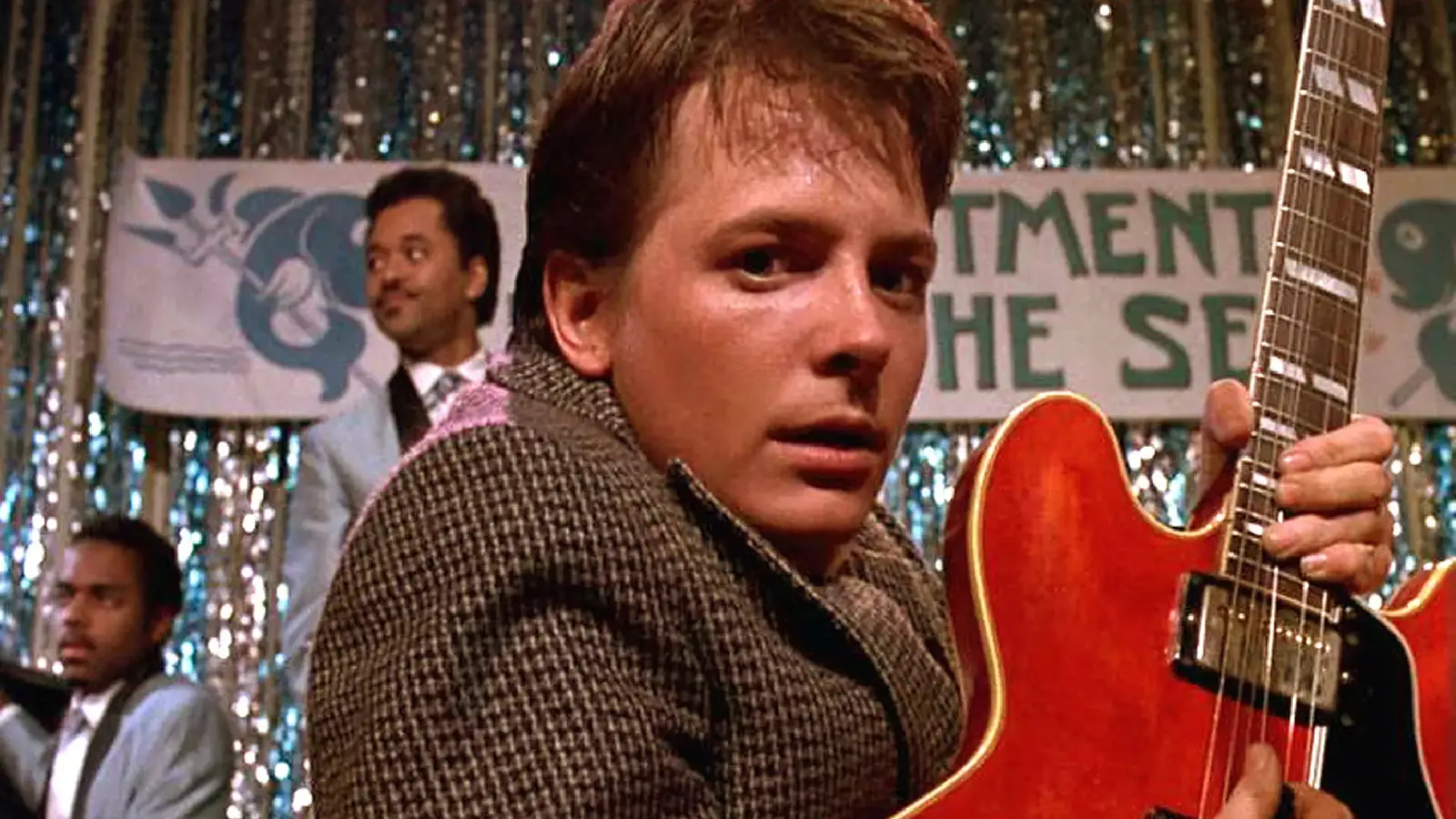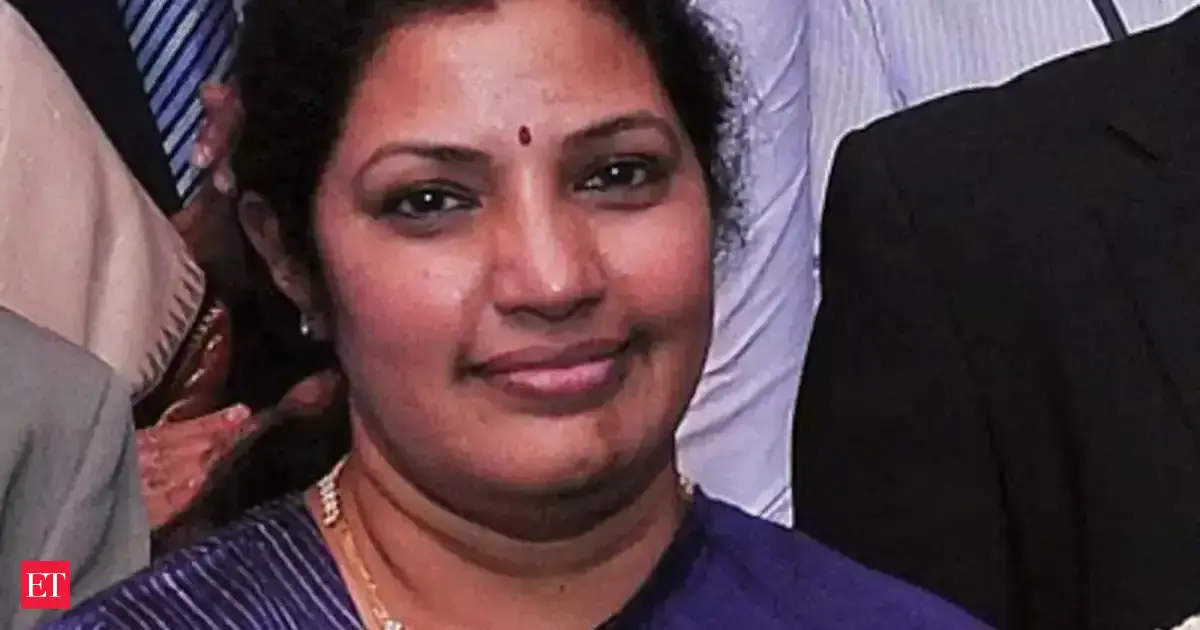Copyright newskarnataka

The pace of digital transformation, evolving work models, and rising stakeholder expectations are reshaping what it means to lead. The leadership playbook that worked until 2024 will not suffice in an era defined by artificial intelligence, data science, and hybrid workplaces. This means that professionals transitioning to a leadership role need to upskill. In this blog, we will discuss eight skills professionals need in 2025 to transition into leadership positions. 8 Skills Professionals Need for Executive Leadership Positions in 2025 Here are the skills you need to succeed in a leadership position in 2025: Emotional Intelligence and Relationship Building Technical expertise can open doors, but Emotional Intelligence (EQ) keeps them open. The ability to recognise and manage one’s own emotions (referred to as EQ) has become the single biggest differentiator between good and great leaders. Leaders with strong EQ foster trust, empathy, and psychological safety, enabling teams to collaborate openly and innovate freely. Relationship building, on the other hand, is the foundation of this trust. Senior professionals must go beyond transactional management to form authentic, human connections—understanding their teams’ strengths, aspirations, and challenges. Strategic Thinking and Decision-Making Executive success depends on the ability to connect daily actions to long-term goals. Strategic thinking helps leaders anticipate shifts in markets, technology, and talent. It requires synthesising complex data, balancing risk and reward, and making informed decisions even in uncertainty. Meanwhile, effective decision-makers stay grounded in facts but flexible in approach. They seek diverse perspectives, test assumptions, and adapt when outcomes change. This blend of conviction and agility inspires confidence across teams and boardrooms alike. There are many courses, such as the IIM Lucknow Strategic Management Programme, that equip learners with strategic management and effective decision-making skills. Adaptability and Change Leadership A defining leadership skill for 2025 is agility—the capacity to adapt quickly to internal and external disruptions. From geopolitical shifts to AI-driven transformation, change is constant. Leaders who treat it as an opportunity rather than a threat will sustain a competitive advantage. On the other hand, change leadership extends beyond process management. It involves anticipating how transitions affect people, communicating transparently, and modelling resilience. Leaders must demonstrate continuous learning, embracing new technologies and mindsets while guiding their teams through uncertainty. Digital and AI Literacy Executives today cannot delegate digital understanding. AI fluency and technology literacy are now core leadership requirements. McKinsey estimates generative AI could add over ₹200 trillion to global productivity, but only leaders who grasp its strategic applications—and ethical implications—can unlock real value. AI literacy is not about coding; it’s about comprehension. Leaders should know how to evaluate AI solutions, balance automation with human insight, and mitigate risks such as bias and privacy breaches. In 2025, digital fluency will be as critical as financial acumen in board-level decision-making. Inclusive and Ethical Leadership Modern leadership is measured not only by profit but by purpose. Inclusive leaders cultivate diverse teams and intentionally bring multiple perspectives into decision-making. This drives innovation and prevents cultural blind spots that can derail products or strategies. Equally essential is ethical leadership—making decisions guided by respect, accountability, honesty, and fairness. Executives who align business growth with social responsibility build more resilient brands and stakeholder trust. 6. Communication, Influence, and Collaboration C-suite leaders must communicate with clarity and authenticity across every level of the organisation. Effective communication is more than presentation—it’s persuasion, influence, and the ability to listen deeply. In hybrid and cross-functional environments, influence often matters more than authority. Senior professionals who can unify teams across functions, locations, and time zones will excel. Strong communication also underpins conflict resolution, negotiation, and alignment with strategic goals. 7. Innovation and Creativity Leadership in 2025 will be defined by curiosity and experimentation. Innovation begins with questioning assumptions, encouraging diverse thinking, and creating a culture where ideas can flourish without fear of failure. Creative leaders blend imagination with execution. They see patterns others miss and turn constraints into catalysts for new solutions. By embedding innovation into daily routines, modern leaders keep their organisations future-ready. Interestingly, many modern-day COO programmes also focus on improving the company’s efficiency and capabilities with innovation. For instance, IIM Indore’s Chief Operating Officer (COO) Programme is built for experienced professionals who want to address modern challenges in efficiency, team management, and innovation. Moreover, this IIM COO programme helps learners lead with focus and agility. 8. Networking and Stakeholder Management No executive succeeds in isolation. Strategic networking—inside and outside the organisation—provides perspective, influence, and opportunity. Building trusted relationships with employees, peers, customers, and investors helps leaders navigate complex ecosystems and anticipate challenges before they escalate. Leaders who manage stakeholders proactively, balancing competing expectations with transparency, will sustain credibility and long-term alignment. Final Thoughts Executive leadership in 2025 demands a blend of human empathy and technological acumen. Senior professionals must evolve from managers of performance to architects of culture, strategy, and trust. Those who continuously refine their emotional intelligence, strategic foresight, and digital fluency will not only stay relevant—they will redefine what modern leadership looks like.



